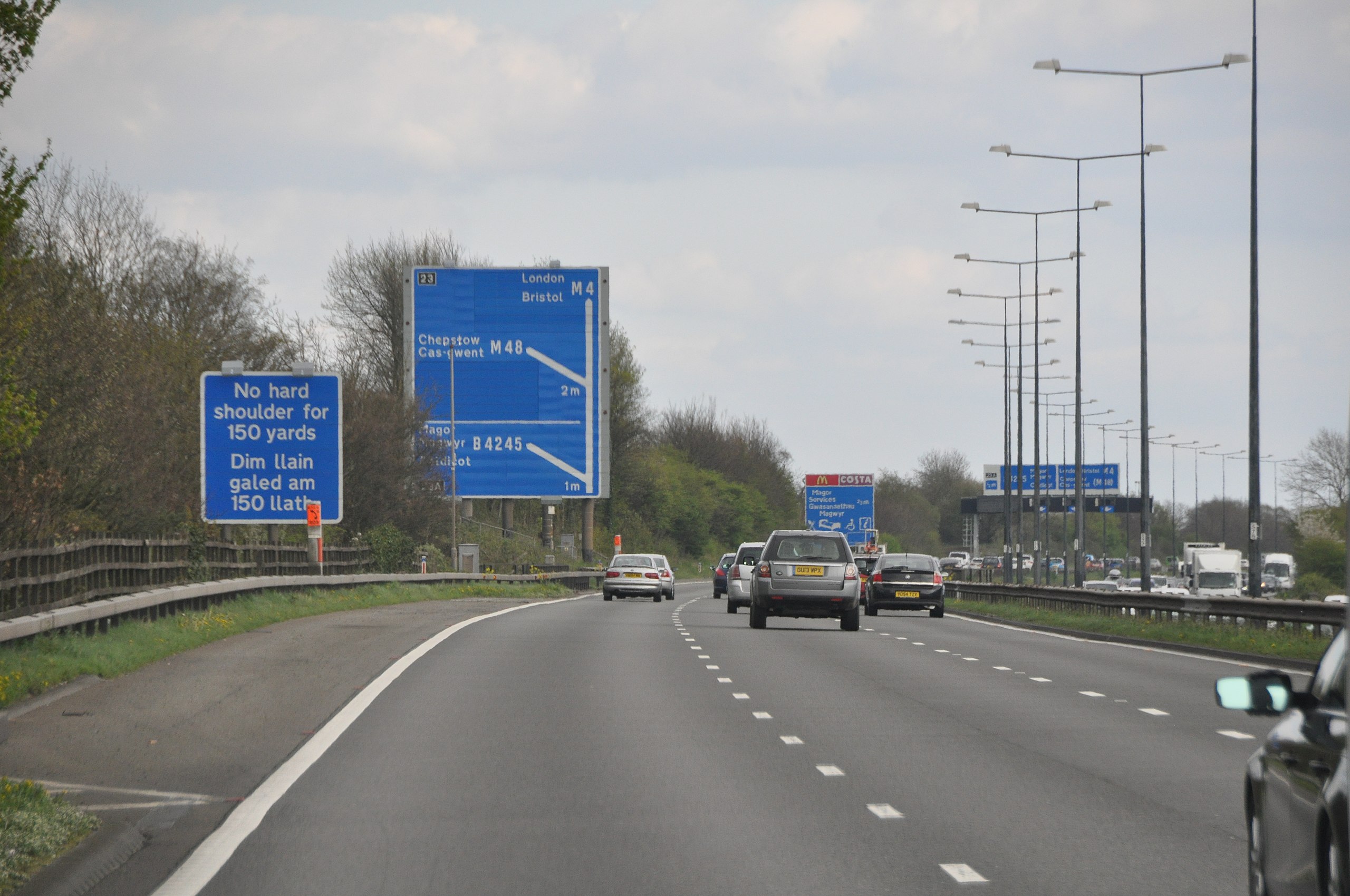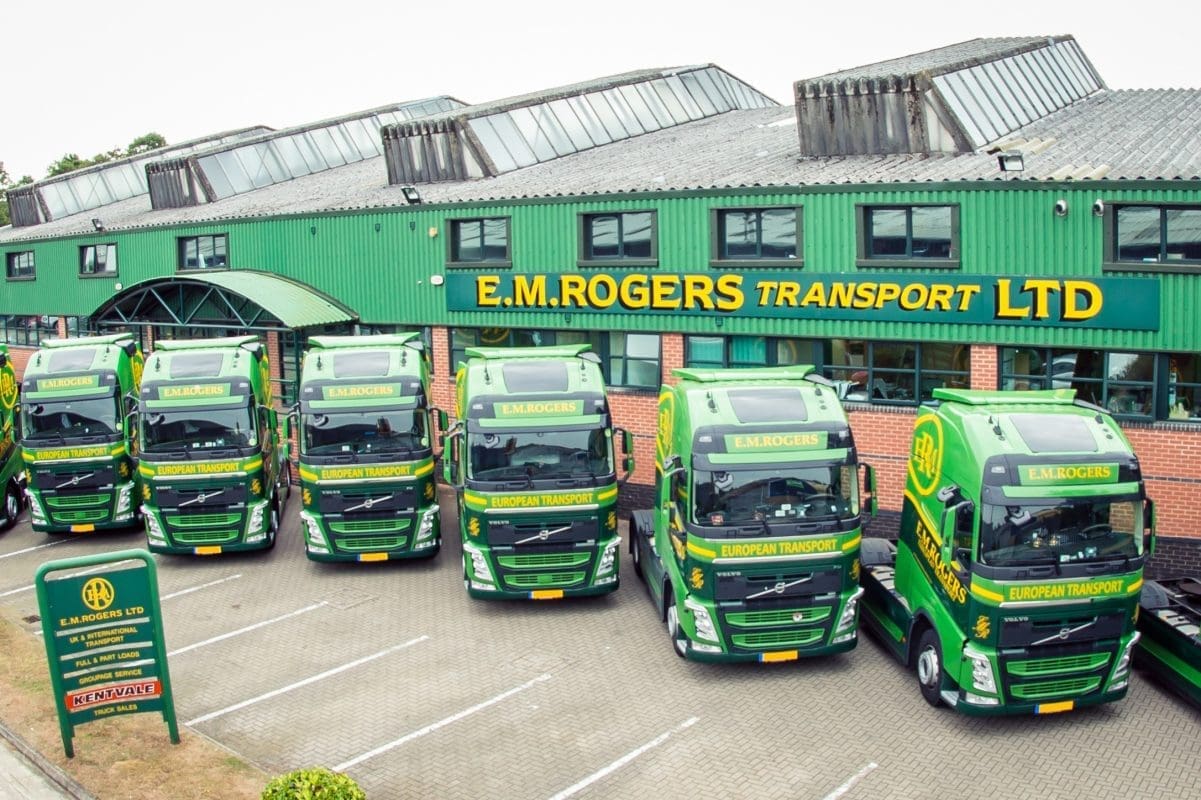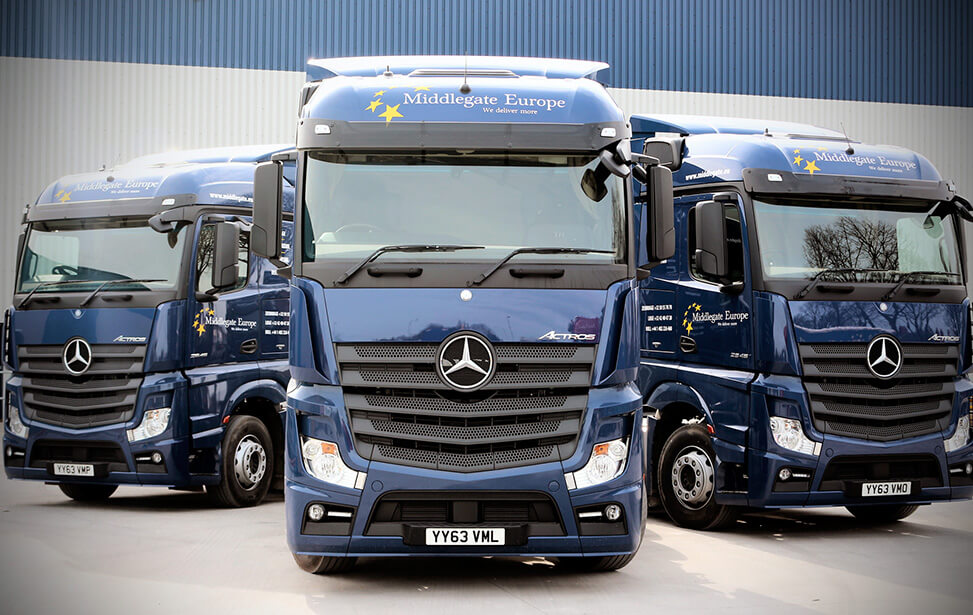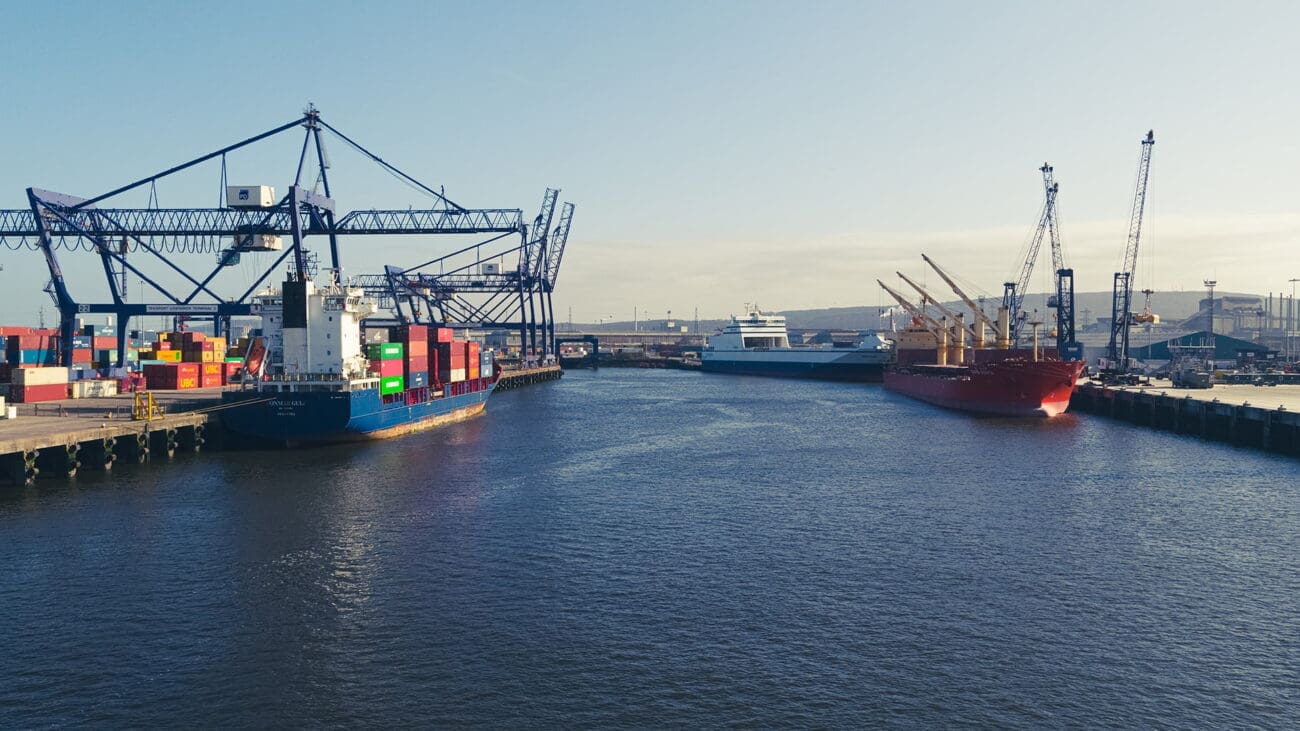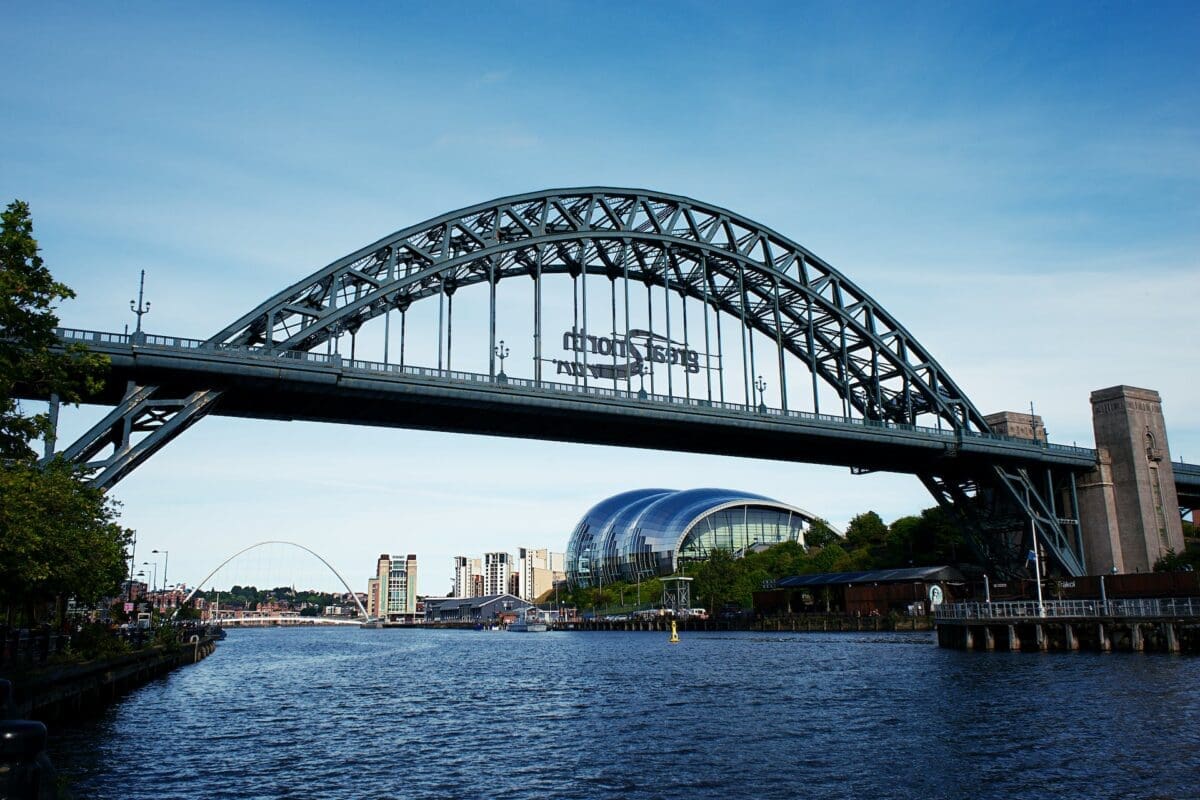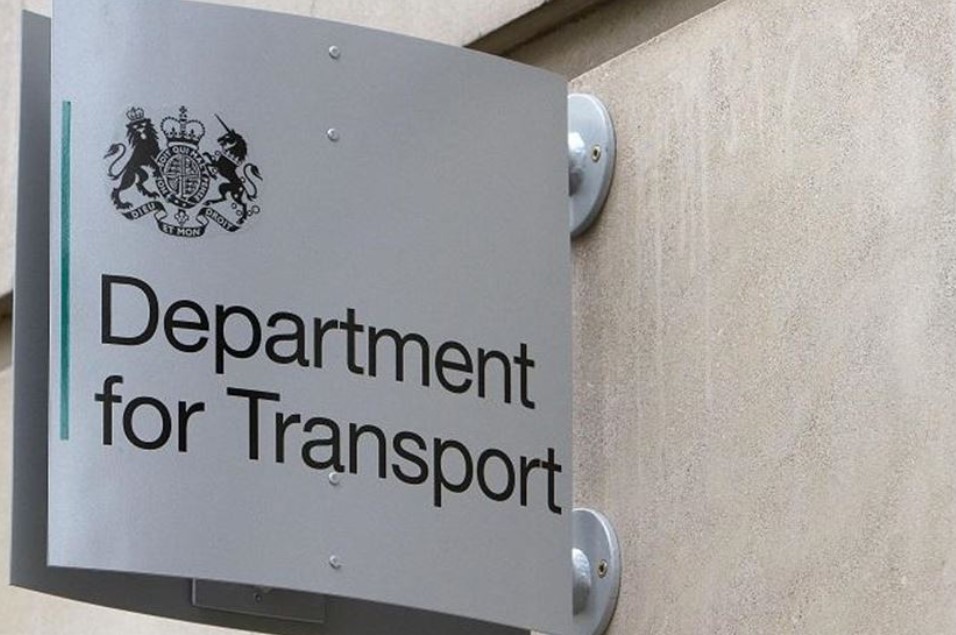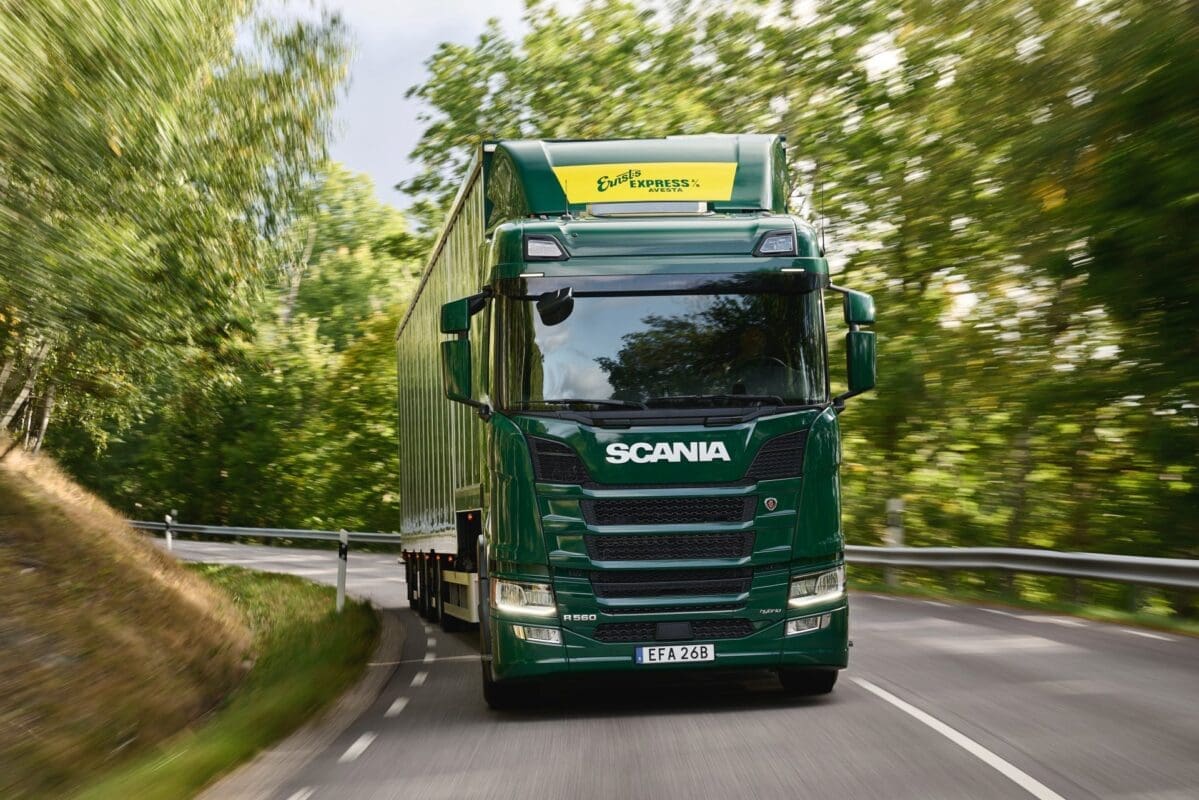Ministers Called to Reinstate Hard Shoulders on Smart Motorways Amid Safety Concerns
In a significant push against smart motorways, ministers are facing calls to bring back the hard shoulder. The request, spearheaded by the RAC, comes exactly one year after Chancellor Rishi Sunak halted new smart motorway developments due to financial constraints and declining public trust in these roads.
A decade has passed since the first segment of an all-lane running (ALR) smart motorway was launched on the M25 in Hertfordshire, where the hard shoulder was converted into a permanent traffic lane. This approach was initially seen as a cost-effective solution to enhance road capacity without the need for extensive widening.
However, this innovation has not been without controversy. There have been numerous safety concerns following several fatal incidents where vehicles stranded in live traffic lanes were struck from behind.
Simon Williams, RAC’s head of policy, criticised the financial rationale behind these motorways, highlighting the irony in the economic arguments used to justify their expansion. “Despite being promoted as an economical method to increase road capacity, a substantial amount of public funding has been invested in subsequent safety measures,” Williams noted. These include the implementation of radar technology to detect vehicles in distress more swiftly and the addition of more emergency refuge areas.
Williams advocates for a shift in strategy, suggesting that existing ALR motorways be either converted to dynamic use, where the hard shoulder is used only during peak times, or that the original hard shoulder be permanently reinstated. He also proposed retaining adaptive features like variable speed limits to manage traffic flow effectively.
Responding to the concerns, a Department for Transport spokesperson acknowledged the safety record of smart motorways but recognised the public’s need for reassurance. “We have cancelled plans for all new smart motorway schemes and are directing £900 million towards enhancing safety features on existing ones, including the construction of additional emergency areas,” the spokesperson stated.
A recent National Highways report has added to the debate, revealing that motorways without a hard shoulder are three times more likely to experience breakdown-related dangers compared to those with an emergency lane. The study also highlighted a disparity in safety metrics across different types of motorways between 2017 and 2021.
While the data suggest smart motorways are generally safer in terms of fatal and severe injuries compared to conventional ones, the public’s unease and the stark statistics from recent reports have intensified the scrutiny and calls for reform of the smart motorway system.

